Taking care of our hurt
Many of us develop the earliest iterations of our social identity in the context of school. These early experiences, in many ways, shape our self-concept.
I was telling my sister about my 5-year-old’s first week of Kindergarten. Autumn had a great first week in so many ways. She likes her teacher, made several new friends, and of course she longs for more time for recess. Then she shared something that really grabbed my Mama-heartstrings: She reported that one of her classmates was calling her “bottom” over and over again, taunting her as a joke. (The kid earns an A for rhyming ability though, right?)
My sister has two children of her own in elementary school and is familiar with how these scenarios can transpire and how it affects her kids, each a year older than mine.
Fortunately, it only seemed a minor disturbance for my 5-year-old old, who said she really didn’t care, the taunting just made it difficult for her to focus and hear what her teacher was saying.
My sister empathized, and responded with a familiar saying:
Hurt people hurt people.
I know in my heart the truth of this. I see it in my office, as I am usually working with people who are hurting in some way or another.
The difference between the hurt people I see in my office, and the hurt people who are out in the world taunting or hurting others, is that some people are working on self-awareness and healing their hurt while others are unaware of their wounds and inflict hurt onto others.
I have yet to find evidence of a category that exists where some people make it through their lives without being hurt altogether.
I chose the profession of counseling and healing arts, such as Qoya, for many reasons. But one of the most meaningful reasons is that I want to stay formally engaged in my own healing work. To me, this self-awareness work is essential for counselors and others in healing professions. Not only is it essential, it is ongoing. It’s not a “one-and-done” sort of thing.
Qoya allows me to stay in touch with the places where I feel hurt, move it through my body, transform and release it. Being a professional counselor means that I stay in contact with my own personal therapeutic work, with the help of other therapeutic professionals, so that I transform and heal anything that needs attention and compassion.
What if everyone took this same level of care in their own lives?
What if people took responsibility for healing their own hurt?
To be clear - I am in no way suggesting that we are responsible for being hurt in the first place. We did not cause our trauma. And yet, we do not have to remain victims to it either. We have a choice: to make the effort to heal from our wounds or to pretend they don’t exist and live as though we are “fine.”
If we cover up our wounds for long enough, what happens? Sometimes they spontaneously heal, but usually not without some intentional efforts to create the conditions for healing to occur. More often, these un-tended to wounds can become infected. The original problem grows deeper and more threatening, meanwhile we are looking the other way.
I recently completed EMDR training, which is an evidence-based, highly effective trauma treatment. In this powerful training experience, we – as clinicians – engage in our own important trauma work and are encouraged to continue that work for ourselves outside of training. We have the capacity to “clear out” old traumatic experiences – the ones that we continually react to in our present-day lives, whether we are aware of it or not. Here’s the cool thing: Our brains are our greatest asset and ally in helping us heal from these past hurts, fears, anxieties, and insecurities. EMDR is one tool to help our brains do this needed work, and I will say from experience that it is an efficient and effective tool.
What will you do to take responsibility for healing the ways you’ve been hurt, so that you do not unconsciously hurt others that you care about?
Can we bravely step up to the challenge of doing our own therapeutic, self-awareness work?
What if more people took responsibility for healing their own hurt?
We might just be looking at a changed world.

